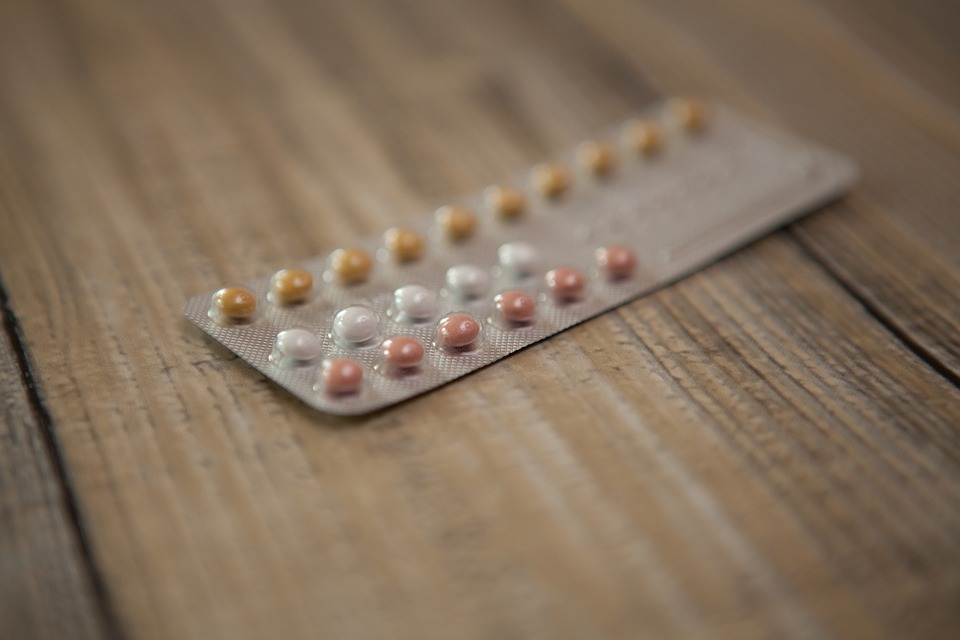For a lot of women, myself included, the contraceptive pill is the preferred contraception of choice. However, as long as the pill has been around and regardless of how popular it may be, there are still a number of misconceptions about it. Of course, there have always been misconceptions and myths regarding other forms of birth control as well, and I am going to target a few of those and clear them up for you in this post, but it’s the contraceptive pill that tends to have the most myths surrounding it.
The Pill Can Only be Used as a Contraceptive
While the pill is primarily used as a birth control measure, there are a number of other uses for it. Its effect on the body is a hormonal one, it changes the way the body produces and uses hormones, which can have a number of different side effects. The most common use outside of birth control is to regulate periods – women can enjoy more regular and less painful periods. As well as regulating periods, the pill can also be used to protect against osteoporosis, acne, ectopic pregnancies, menstrual migraines and more.
The Pill Affects Fertility
When you think about it, it would seem to make sense that using a pill that prevents pregnancy would cause your body to adapt in such a way that it would be used to not being pregnant. Once you are off the pill, it would seem logical that it would be harder to become pregnant.
However, that’s simply not true. You can become pregnant as soon as you stop taking the pill, and it has no effect on your long-term fertility. However, some women may not be able to become pregnant right away, and their body may need a few weeks or months to adjust and for the hormones to return to normal. Their long-term fertility will not be hindered, though. Many women stop taking the pill around 30, which is when fertility naturally wanes, and they may confuse the pill’s effects with a natural loss of fertility. However, they aren’t as fertile due to their age – the older you get the less fertile you tend to become.
There Are Lots of Effective Ways to Prevent Conception
Unfortunately, there is only one sure way to make certain that you don’t become pregnant, and that is abstinence. Even the pill isn’t 100% free from risk. You can still become pregnant while taking the pill – usually, this is due to user error and not the medication itself. You should understand the risk of becoming pregnant, even when using the pill and certainly when using any other contraceptive method.
You may have heard about other methods that can work to prevent a pregnancy, such as the withdrawal method, natural herbs or other medications. While some of these can have some effect, they are nowhere near as effective as an actual contraceptive pill.
The Pill Can Cause Birth Defects
You are actually safer taking the pill than not in regards to birth defects. If you become pregnant on the pill, there is less of a chance that there will be birth defects than if you were not taking the pill at all. Because the pill regulates your hormones so well, it prevents many of the problems that can lead to birth defects. The pill has been extensively researched and has been shown to be incredibly safe to use, so you can rest easy about its effects, should you accidentally get pregnant while taking it.
There you have it, many of the most common myths surrounding the contraceptive pill debunked.






Leave a Reply